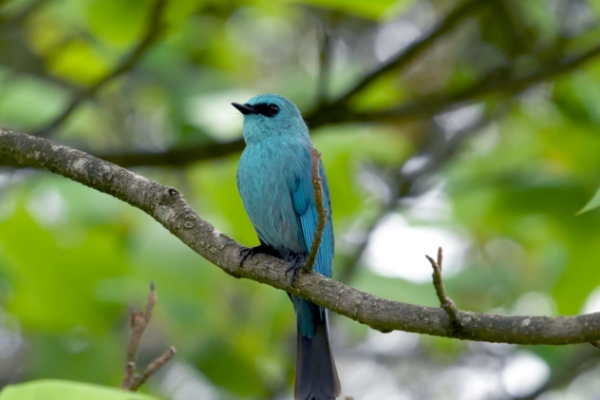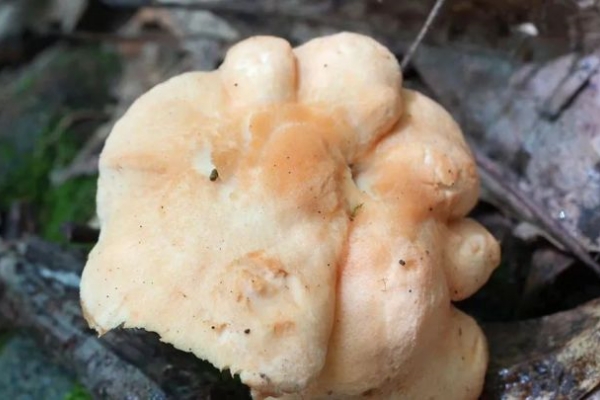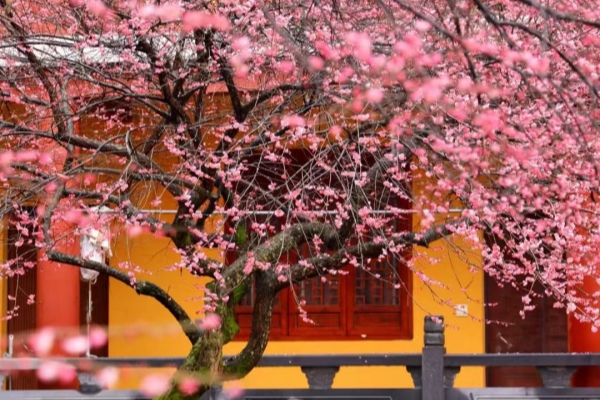UN body inspects Qingyuan's forest mushroom culture online

A FAO scientific advisory group conducts a video conference with Qingyuan county on Sept 20. [Photo/WeChat account: qynews2008]
The UN Food and Agricultural Organization, or FAO on Sept 20 conducted an online video conference with Qingyuan county – in Lishui city in East China's Zhejiang province – on the application for its ancient forest mushroom cultivation system to be rated as a Globally Important Agricultural Heritage Systems, or GIAHS.
According to the FAO website, these heritage systems represent not only stunning natural landscapes but also agricultural practices that create livelihoods in rural areas – while combining biodiversity, resilient ecosystems and tradition and innovation in a unique way.
The UN body says Qingyuan county is known as the birthplace and primary cultivation area of artificial cultivation of the xianggu edible mushroom – also known as the shiitake mushroom.
Since a special method to produce the mushroom was invented there more than 800 years ago, the mushroom farmers of Qingyuan have been engaged in xianggu production relying on a balanced ecological environment and abundant forest resources.
Senior officials from an FAO scientific advisory group participated in the video conference. Professor Nobuyuki Yagi, chairman of the group and Professor Patricia Goulart Bustamante, a member, participated in the assessment.
During the conference, promotional films and livestreamings presented the unique culture of biodiversity, forest conservation and production activities related to the county's cultivation system.
The county also reported on its action plan for the system's conservation and development. It provided detailed responses to questions about the relationship between traditional and modern methods of cultivating mushrooms, the adoption of modern production technologies and their impact on the agroforestry system.
The results of the heritage application are expected to be announced in November.

 Lishui establishes intelligent biodiversity monitoring system
Lishui establishes intelligent biodiversity monitoring system New fungus species discovered in Qingyuan
New fungus species discovered in Qingyuan Lishui transforms weirs to aid fish migration
Lishui transforms weirs to aid fish migration